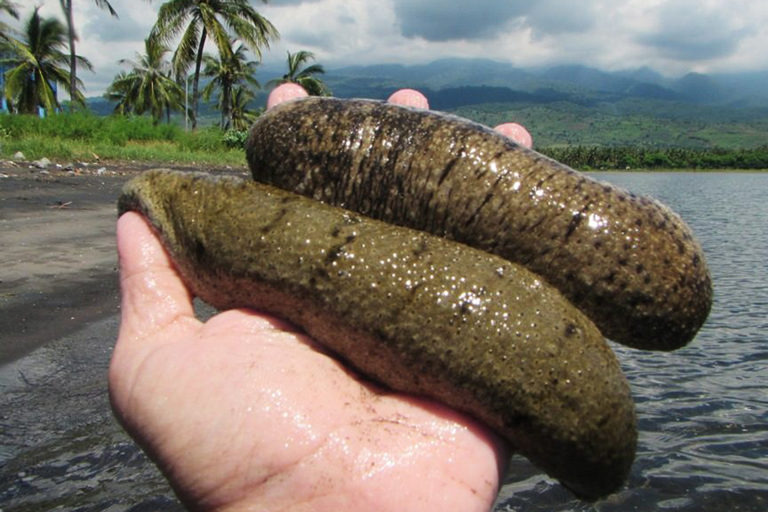‘So how, exactly, does throwing away cauliflower leaves or a pack of squishy tomatoes contribute to global warming?” asks Lindsey Harrad in her new book, Living Plantfully. “The link is more direct than you might expect. Global food waste alone is responsible for 8-10% of all greenhouse gas emissions.”
If food is wasted, so are all the resources that went into producing it, including the water and land use (including any potential deforestation), animal feed, fertilisers, pesticides, processing, packaging, transportation, storage and refrigeration. Once it’s sold, you can add to that the personal impact of travelling to and from the shops, home refrigeration and the cooking. Even after a food has been disposed of, it will still produce further emissions and harmful greenhouse gases. Combined, the global food system is responsible for a third of total greenhouse gas emissions.
In her book, Harrad suggests saving over-ripe tomatoes by turning them into chutney or freezing them whole to add straight to curries or pasta sauces, rather than using canned; or roasting them with chickpeas, garlic and thyme, and serving with bread or pasta, or blending into an instant soup.
Tomato, tamarind and chilli jam
Lindsey Harrad’s new book is an inspirational, down-to-earth guide to planet-friendly living. In it, she describes how food waste contributes to the climate crisis with practical advice about “moving towards a zero-waste kitchen”. She writes: “In the UK, each household wastes on average the equivalent of eight meals a week, and the total cost of the food that could have been eaten but is thrown away is around £14bn. That’s about £60 a month for the average family with children.”
Tomatoes can have relatively high greenhouse gas emissions, especially if they’re grown in heated greenhouses or transported by air. Rather than waste a squishy tomato, freeze it, as Lindsey describes in her book; and if you have a glut, a chutney is a surefire and super-tasty way to preserve them. This jam is addictive, and complements any cheeseboard; I also love it in cheese toasties and with grilled aubergines.
Some recipes require you to peel and deseed tomatoes when making sauces and chutneys, but this is a waste of time as well as of food. Just chop them finely, so there are no unpalatably large pieces of skin, while the seeds add good flavour anyway, so why ditch them? Any excess water in them will evaporate during cooking.
Prep 10 min
Cook 40 min
Makes About 500g
1 tbsp mustard oil (or frying oil)
1 red onion, peeled and finely diced
1-2 red chillies, to taste, finely chopped, seeds and pith included if you like some heat
1 tbsp grated ginger (including the skin)
2 garlic cloves, peeled and grated
6 fenugreek leaves
1 tsp smoked paprika
Sea salt
400g ripe tomatoes, finely chopped
150g unrefined sugar – I used rapadura sugar, because it gives the jam a rich caramel flavour and deep colour
2 tbsp tamarind paste, or apple cider vinegar
Put the oil in a small saucepan over a medium heat, then saute the onion and chillies, stirring often, until softened. Add the ginger, garlic, fenugreek, paprika and a teaspoon of sea salt, and fry, still stirring, for three minutes more.
Stir in the tomatoes, sugar and tamarind paste (or vinegar), bring up to a boil, then turn down the heat to a simmer and leave tocook for about 30 minutes, until reduced by half. Pour into sterilised jars, seal and store in the fridge. Once open, use within a month.


